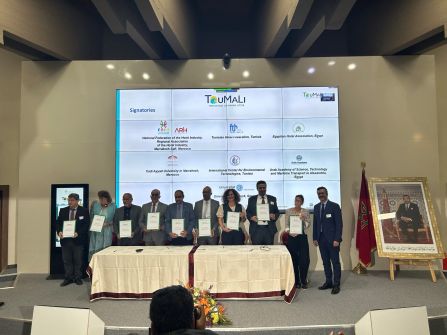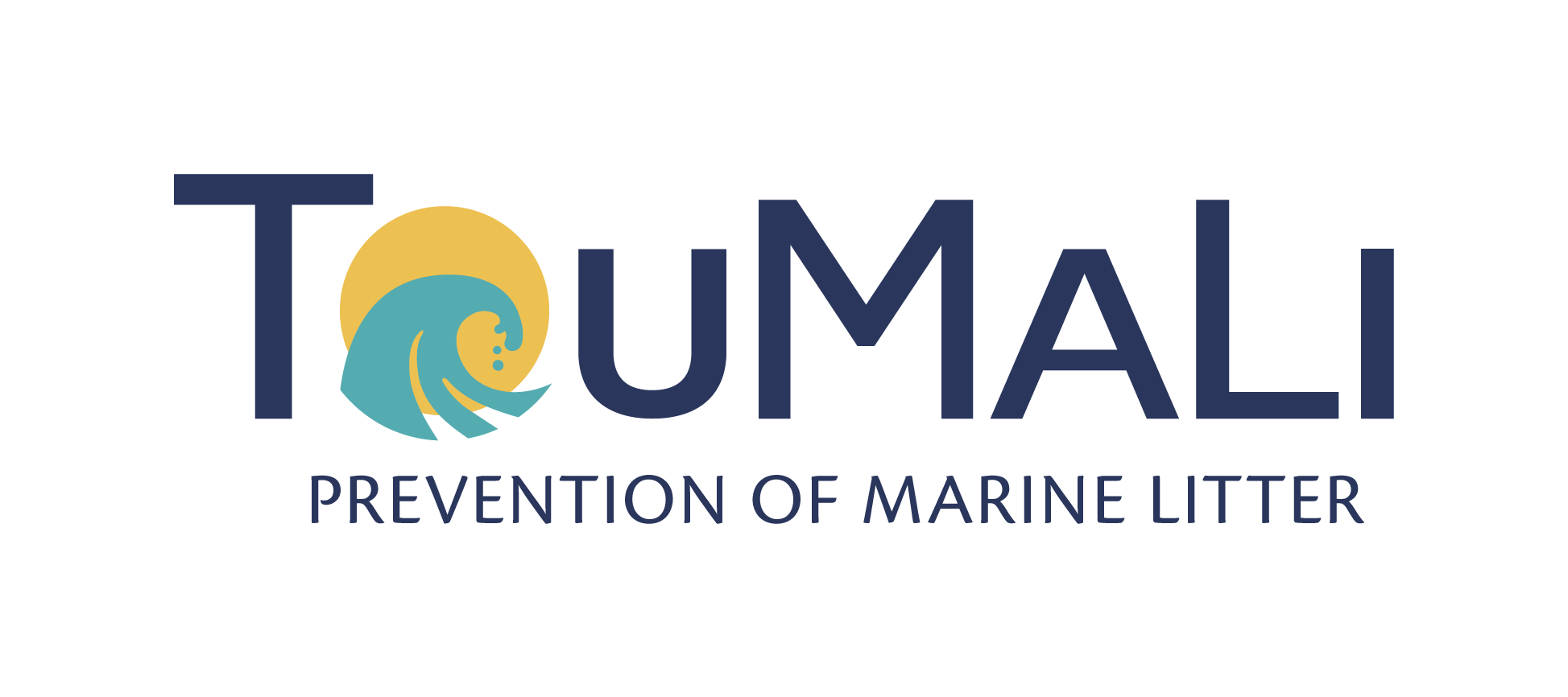
At the forefront of environmental conservation and sustainable tourism, a significant breakthrough was achieved at the second international TouMaLi conference in Morocco. A voluntary agreement between Hotel Associations and Federations was signed, representing a pivotal moment in the ongoing battle against marine litter and single-use plastics.
Setting the Stage
The agreement, an amalgamation of commitments by the Regional Association of the Hotel Industry (Morocco), the Tunisian Hotel Federation (Tunisia), and the Egyptian Hotel Association (Egypt), comes in response to the alarming surge in marine litter. It aligns with global and national priorities, echoing commitments to sustainable consumption, circular economies, and effective waste management.Ushering in Change
The agreement is a robust testament to the shared responsibility of these hospitality entities in championing environmental preservation. It reflects their dedication to implementing sustainable practices within their establishments, aiming to safeguard not just their immediate environments but also the larger marine ecosystems that are increasingly under threat.Pledge for Sustainable Practices
Central to the agreement are key objectives aimed at fundamentally reshaping waste management practices within the hospitality sector. These objectives encompass a wide array of initiatives, from reducing waste generation and advocating for recycling to actively engaging guests and collaborating with suppliers for eco-friendly alternatives.
Blueprint for Environmental Guardianship
The commitment extends beyond mere declarations. It includes a structured framework for regular assessments, annual reporting, and ongoing review and adaptation. This commitment to continual improvement underscores the seriousness with which these associations approach the challenge of waste management.Wider Implications and Partnerships
Supported by institutions like the University of Rostock and Cadi Ayyad University, this agreement serves as a beacon, inviting ministries of tourism, national tourism offices, and other stakeholders to join forces in this endeavor. It's a call for collective action toward a sustainable future, transcending the TouMaLi project duration.Looking Ahead
The agreement's significance lies not just in its immediate impact but also in its potential to influence the wider hospitality industry. It sets a precedent for responsible waste management practices, aiming to mitigate the adverse effects of marine litter while fostering a culture of environmental consciousness within the sector. This agreement represents a landmark moment in the global effort to combat marine litter and drive sustainability in the hospitality industry. It's not just a pact on paper; it signifies a shared commitment by these associations to be guardians of the environment and champions of a sustainable future.

